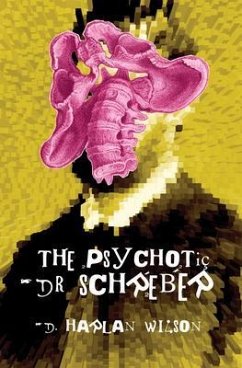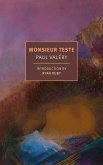Daniel Paul Schreber (1842-1911) came to prominence as one of history's most famous madmen in the wake of Sigmund Freud's "Psychoanalytic Notes Upon an Autobiographical Account of a Case of Paranoia" (1911). Freud's study psychoanalyzed Schreber's Memoirs of My Nervous Illness, a detailed account of the German Judge's psychotic breakdowns in which he battled against numerous antagonists, from God and the Devil to his own body and lexicon. D. Harlan Wilson's Schreberfiktion case study is at once about, around and beyond Memoirs as well as the many secondary texts it has engendered. As the formerly make-believe aspects of the science fiction genre continue to materialize in the real world, Schreber's pathology becomes more and more relevant; his imagination and intellect, his anxiety and dread, his solipsism and megalomania point to the pathological unconscious that animates contemporary technological society. Thoroughly researched and transgressive, The Psychotic Dr. Schreber is part speculative (anti)fiction, part (auto)biography, part theatre-of-the-absurd, part writing tutorial, part literary nonsense and criticism. Wilson riffs on and satirizes post-everything, signaling the inevitable death of the reader and rebirth of the real. Science fiction explored the effects of the New in the Next, the Near and, in some cases, the Now. Galvanized by Schreber, this book maps the next stage: the New in the Never.
Dieser Download kann aus rechtlichen Gründen nur mit Rechnungsadresse in A, D ausgeliefert werden.









